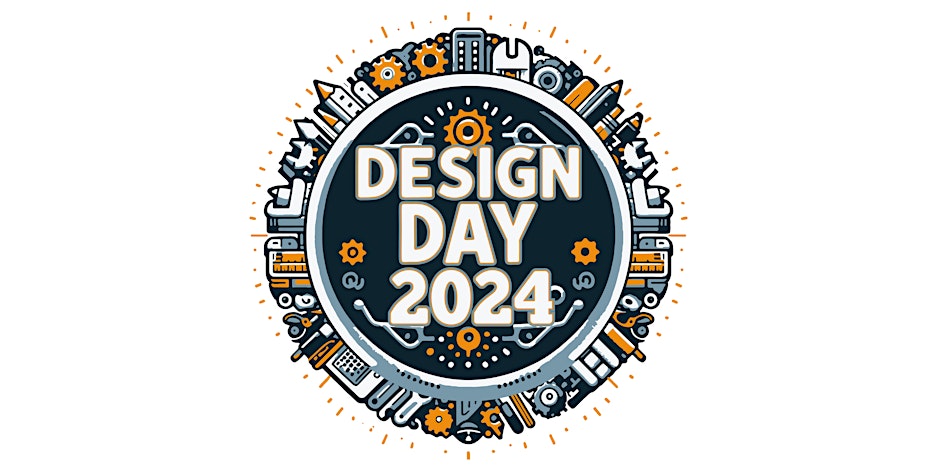2015 Report of the Economic Survey
In This Section
The Economic Survey is a free benefit to AIPLA members. Please login to view it.
Order a print copy of the Report of the Economic Survey.
The Report of the Economic Survey provides an in-depth report on the annual incomes and related professional characteristics of intellectual property attorneys and patent agents. Conducted every other year, the survey also examines the economic aspects of intellectual property law practice, including individual billing rates and typical charges for representative IP law services.
New this year: The Economic Survey studied the reasons for changes in corporate IP budgets. We've also collected data on the costs of litigation up through mediation as well as the costs of inter partes proceedings at the Patent Trial and Appeal Board.AIPLA would like to thank Rich Goldstein, Chair of the Law Practice Management Committee, Donika Pentcheva, Vice Chair of the Law Practice Management Committee and all of the members of the Committee for their hard work in putting this publication together. We are pleased to continue bringing you this valuable member benefit.We hope that you find the Report a useful reference tool in your practice.
Upcoming Events
-
 17th Annual Design Day
17th Annual Design Day
May 9, 2024 10:00 AM to 5:00 PM
Join us for an in-person or virtual day of lively and thought-provoking discussion about various aspects of design patents, hosted at the United States Patent and Trademark Office (USPTO). Get insights from USPTO design managers, design patent practitioners, and industrial designers. No CLE credit is offered for attendance. -
 2024 Advanced Chemical Patent Practice Institute
2024 Advanced Chemical Patent Practice Institute
May 14 to 15, 2024
This advanced course is designed for patent attorneys and patent agents actively practicing in the chemical and related arts and will be presented from both prosecution and litigation perspectives and equips practitioners to prepare and prosecute patent applications, withstand challenges from PTAB and district courts, including such hot button issues as advanced claim drafting, claim construction, written description, enablement, and legislative proposals. Attendees will be armed with strategies and best practices to maximize the scope of patent protection while minimizing challenges to the validity and enforceability of the patents. The program also offers information that will assist in client counseling and making strategic portfolio and business decisions. -
.png?sfvrsn=15df74f7_1) 2024 Spring Meeting - Austin, TX
2024 Spring Meeting - Austin, TX
May 16 to 18, 2024
Join us as we bring IP professionals together to learn and connect. More information coming soon! The 2024 Spring meeting will take place in downtown Austin, at the Hilton Austin. Leadership Meetings on Wednesday, May 15. Programming scheduled May 16-18. -
3955dfda-c59b-438c-893d-e896e7e50a23.png?sfvrsn=29912c10_1) 2024 Legal Secretaries & Administrators Conference
2024 Legal Secretaries & Administrators Conference
May 21 to 22, 2024
It can be hard to stay on top of the latest news, procedures, and tools. The Legal Secretaries and Administrators conference can assist. This conference is designed for paralegals, administrators, and other office specialists to hear directly from the United States Patent and Trademark Office (USPTO). This two-day virtual program provides a comprehensive overview of new features and services, best practices for streamlining procedures, and opportunities to ask questions and hear directly from the USPTO. -
 AIPLA CLE Webinar: The Fine Line Between Battling Online Infringers & Engaging in IP Trolling
AIPLA CLE Webinar: The Fine Line Between Battling Online Infringers & Engaging in IP Trolling
May 29, 2024 12:30 PM to 2:00 PM | Up to 90 CLE Minutes
In their never-ending battle against Chinese and other international online infringers, some rightsowners have adopted an aggressive enforcement scheme that relies on sealed filings and ex parte TROs. Due to the fact that proceedings occur partially out of public purview, this enforcement scheme has been underdiscussed and has not received much critical scrutiny. This program will explain how the scheme works, document its prevalence, and show why it's likely an illegitimate enforcement practice.

